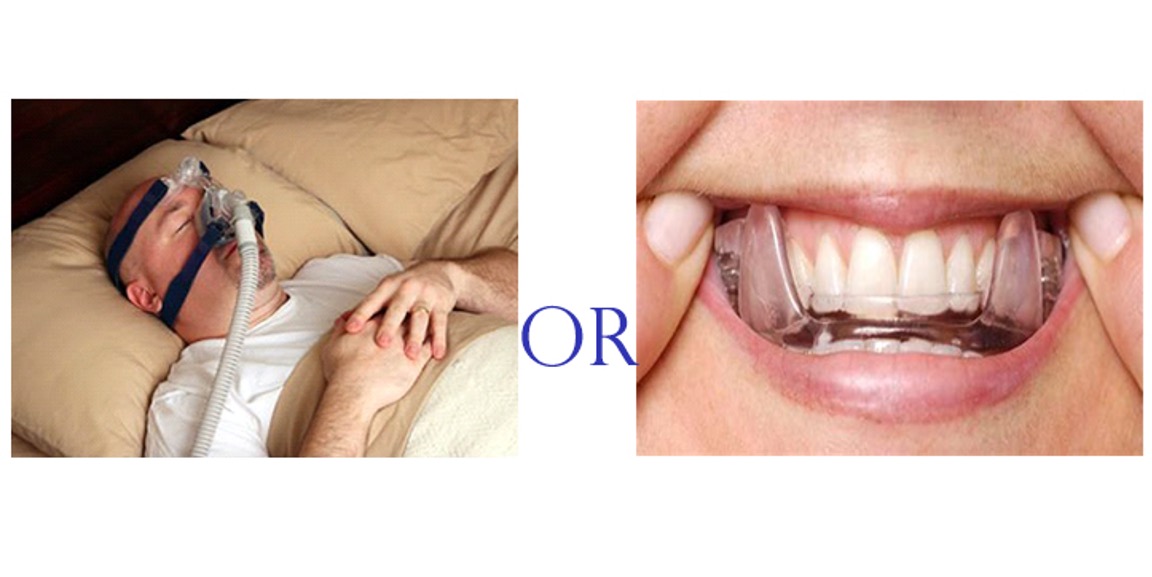WHAT IS SLEEP APNEA AND HOW CAN IT AFFECT ME?

Sleep apnea is a serious sleep disorder in which a person’s breathing is interrupted while asleep. People with undiagnosed sleep apnea stop breathing repeatedly while asleep, sometimes hundreds of times. This is a dangerous sleep disorder because it means that the body and the brain may not get enough oxygen.
TYPES OF SLEEP APNEA
There are two types of sleep apnea: obstructive sleep apnea (OSA) and central sleep apnea (CSA).
Obstructive Sleep Apnea is the more common of the two forms of sleep apnea. It is caused by a blockage of the airway, usually when the soft tissue in the back of the throat collapses during sleep.
Central Sleep Apnea occurs when the brain fails to signal the muscles to breath. This may be caused due to instability in the respiratory control center.
AM I AT RISK?
Sleep apnea can affect anyone at any age, even children. Risk factors for sleep apnea include:
• Male gender
• Being overweight
• Over the age of 40
• Having a large neck size (17 inches or greater in men and 16 inches or greater in women)
• Having large tonsils, large tongue, or small jaw bone
• A family history
• Gastroesophageal reflux disease (GERD)
• Nasal obstruction due to deviated septum, allergies, or sinus problems
WHAT ARE THE SIGNS OF SLEEP APNEA?
The following symptoms can indicate the presence of sleep apnea. If you notice one or more of these, contact our practice.
• Insomnia or difficulty sleeping
• Loud snoring
• Waking up at night short of breath
• Snorting or choking sounds during the night (indicates a restart of breathing)
• Headaches upon waking
• Falling asleep unintentionally during the day
• Extreme drowsiness during the day
IS SLEEP APNEA DANGEROUS?
Sleep apnea is considered a serious medical problem. If left untreated, it can lead to high blood pressure and an increased risk for heart failure and stroke. The ongoing state of fatigue caused by sleep apnea may lead to problems at school or work as well as danger when driving or operating heavy machinery. Sleep apnea can also cause complications with medications or surgery.

HOW IS SLEEP APNEA TREATED?
Sleep apnea treatments vary depending on the severity of each patient’s case and the type of apnea involved. Basic treatments may simply be behavioral and include losing weight, stopping smoking, or sleeping on the side rather than the back. If basic treatments fail to work, however, oral devices can be used to position the mouth in such a way that it prevents throat blockage. In severe cases, surgery is often the best option.
HOW CAN I KNOW IF I MET RISK FOR IT?
Because sleep breathing disorders have such a serious impact, Dr. Boyajian has invested in a device that can perform airway test. This device is called a pharyngometer. The test is performed with no out-of-pocket cost for patients of the practice. Call to schedule an airway test to see if you are at risk of having a sleep breathing disorder like sleep apnea.
